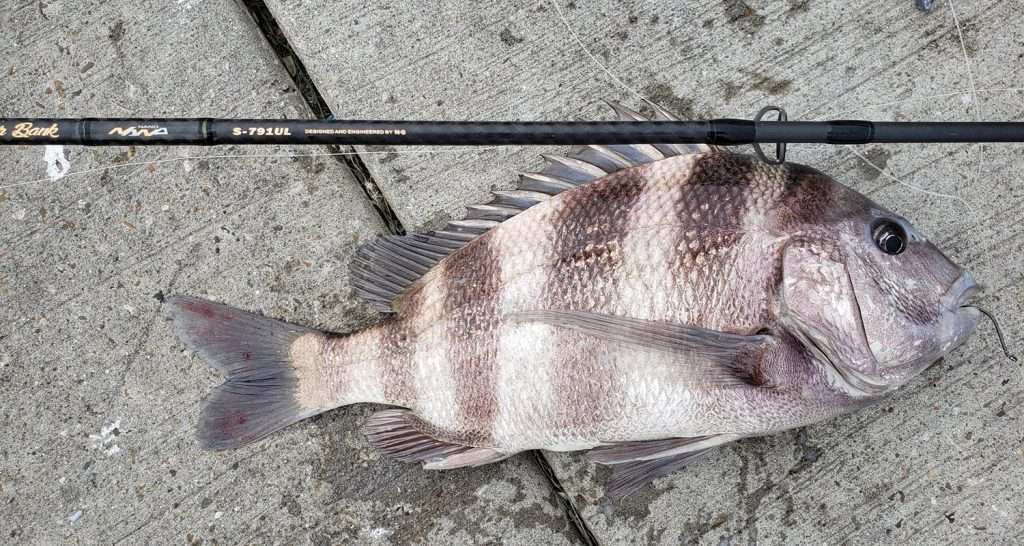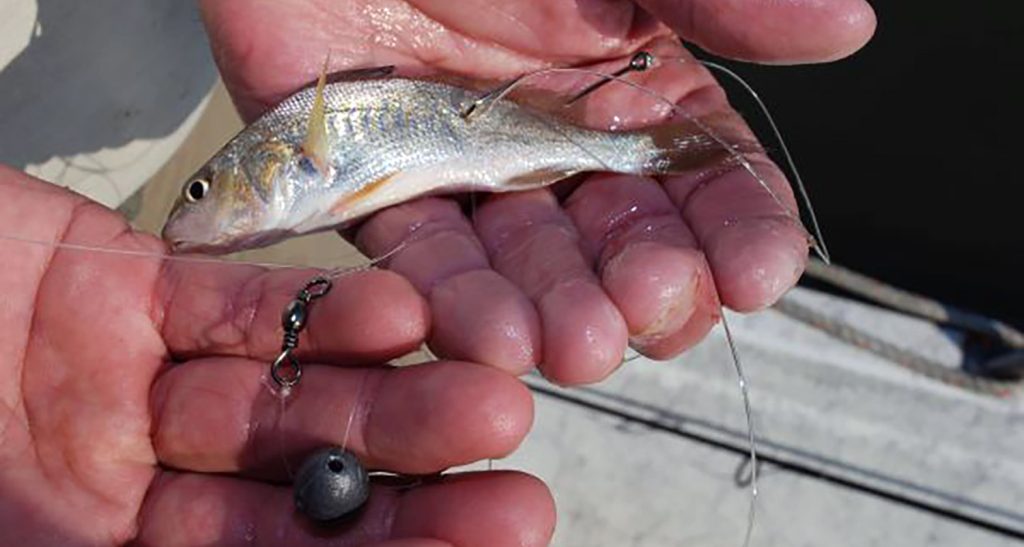For boat owners, ensuring a reliable and efficient power supply is crucial for an enjoyable and safe experience on the water. One effective way to optimize your boat's power system is by utilizing your outboard motor to charge both the starter battery and the house battery.
In this article, we will guide you through the process of connecting your outboard motor to charge the starter battery and then, using a dual battery isolator, diverting the surplus power to charge your house battery. This setup is ideal for extending your boat's battery life and ensuring smooth operations on the water.
Step 1: Assessing Your Power System
Before proceeding with the modification, it is essential to understand your boat's power system and ensure compatibility. Most modern outboard motors are equipped with a charging system, making them suitable for this setup. However, it's advisable to consult your outboard motor's manual or contact the manufacturer to confirm its charging capabilities. Find outboard motor manuals here.
Step 2: Understanding Dual Battery Isolators
A dual battery isolator is a device that allows you to charge multiple batteries simultaneously while preventing power drainage between them. It acts as a gateway, ensuring that power flows from the outboard motor to the batteries, but not between the batteries themselves. Dual battery isolators are available in various types, including solenoid-based and solid-state isolators. Explore dual battery isolators.
Step 3: Connecting the Outboard Motor to the Starter Battery
To begin, locate the charging output on your outboard motor. This connection point varies depending on the motor model but is typically located near the flywheel or the voltage regulator. Consult your outboard motor's manual for specific guidance. Once located, connect the positive wire from the charging output to the positive terminal of your starter battery. Similarly, connect the negative wire to the negative terminal of the battery. Get outboard motor battery connectors here.
Step 4: Installing the Dual Battery Isolator
Identify a suitable location for the dual battery isolator. It is recommended to install it in an easily accessible and dry location, preferably near the batteries. Follow the manufacturer's instructions for the specific model you have chosen, as installation processes may differ. Typically, the dual battery isolator is connected in line with the positive wires of both the starter battery and the house battery. Shop dual battery isolator kits here.
Step 5: Wiring the House Battery
Once the dual battery isolator is in place, connect the positive wire from the house battery to the corresponding terminal on the isolator. Similarly, connect the negative wire from the house battery to the boat's common ground, typically found on the boat's metal structure. Ensure all connections are secure, using appropriate wire connectors or terminals. Browse battery connectors.
Step 6: Testing and Monitoring
With the connections made, it's time to test your setup. Start the outboard motor and monitor the voltage on both the starter battery and the house battery. The starter battery should begin charging immediately, and once it reaches its optimal charge level, the dual battery isolator will divert the surplus power to the house battery. Regularly check the voltage levels on both batteries to ensure they are charging as expected. Find battery monitor gauges here.
Final Thoughts
By utilizing your boat's outboard motor and a dual battery isolator, you can efficiently charge both the starter battery and the house battery. This setup ensures a reliable power supply for starting your boat's engine and powering onboard accessories. Remember to follow safety guidelines and consult your boat's manual and the manufacturer's instructions for specific details regarding your outboard motor and dual battery isolator. With this modification, you can enhance your boating experience by maximizing the potential of your power system.
Looking for additional tools or supplies? Search for boat battery supplies.





